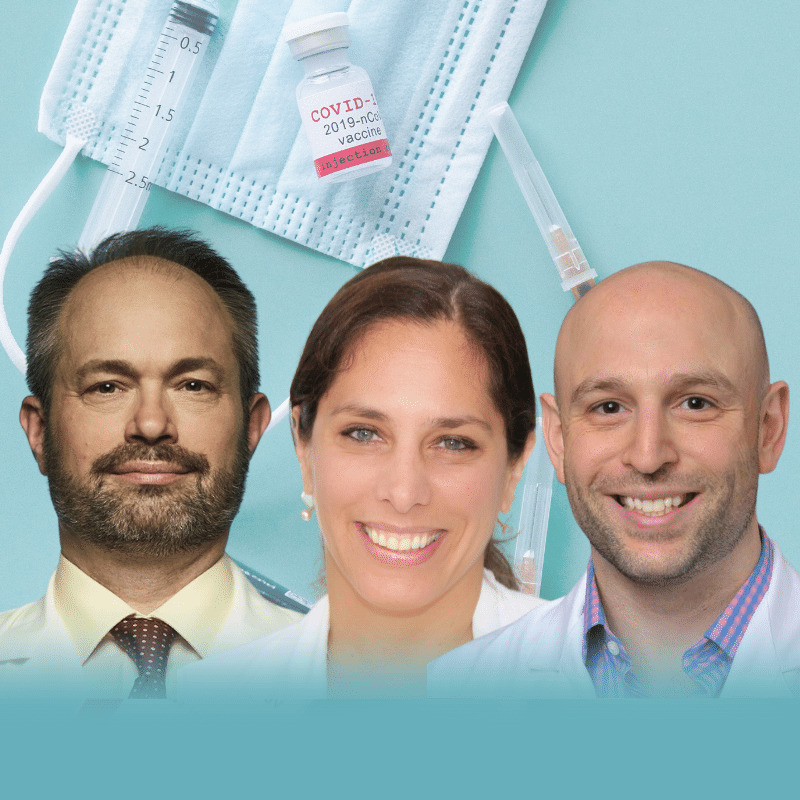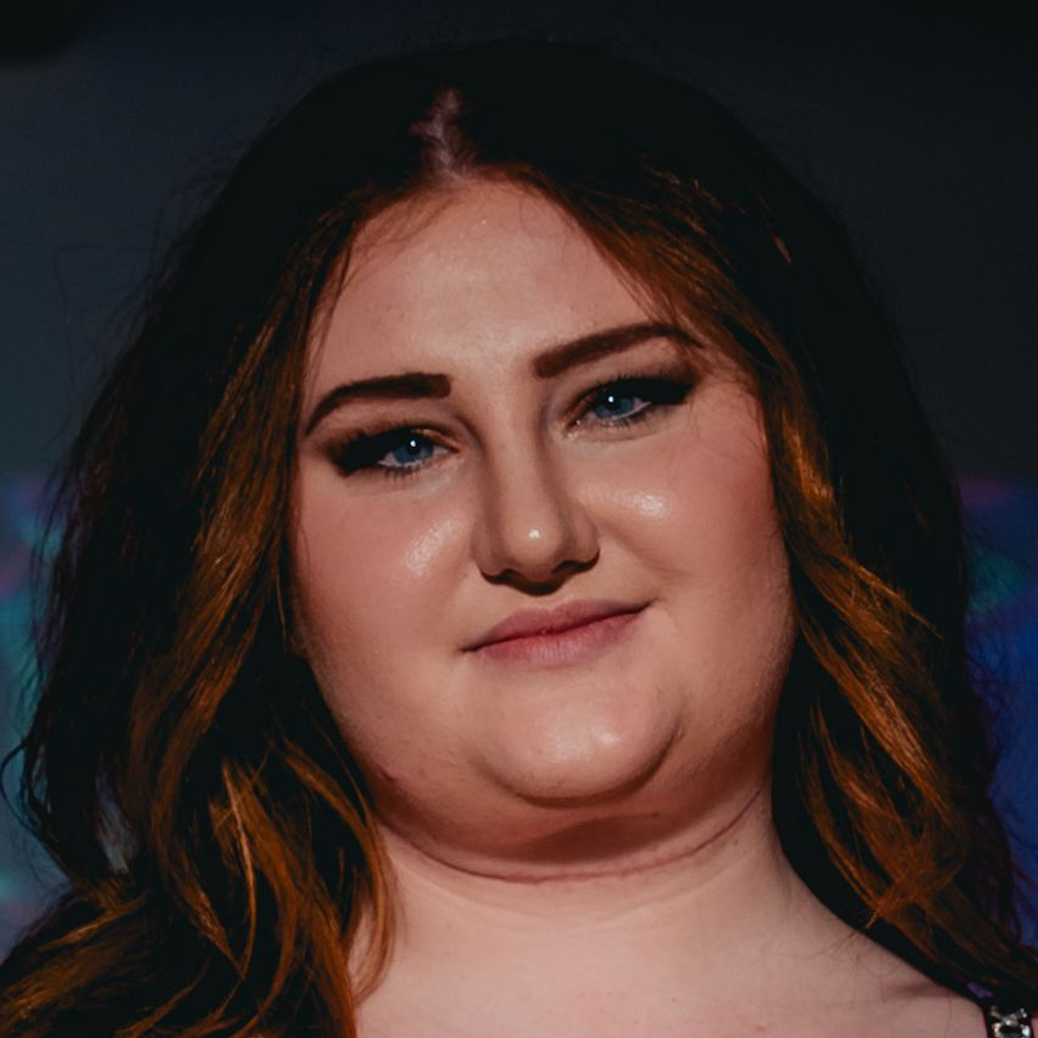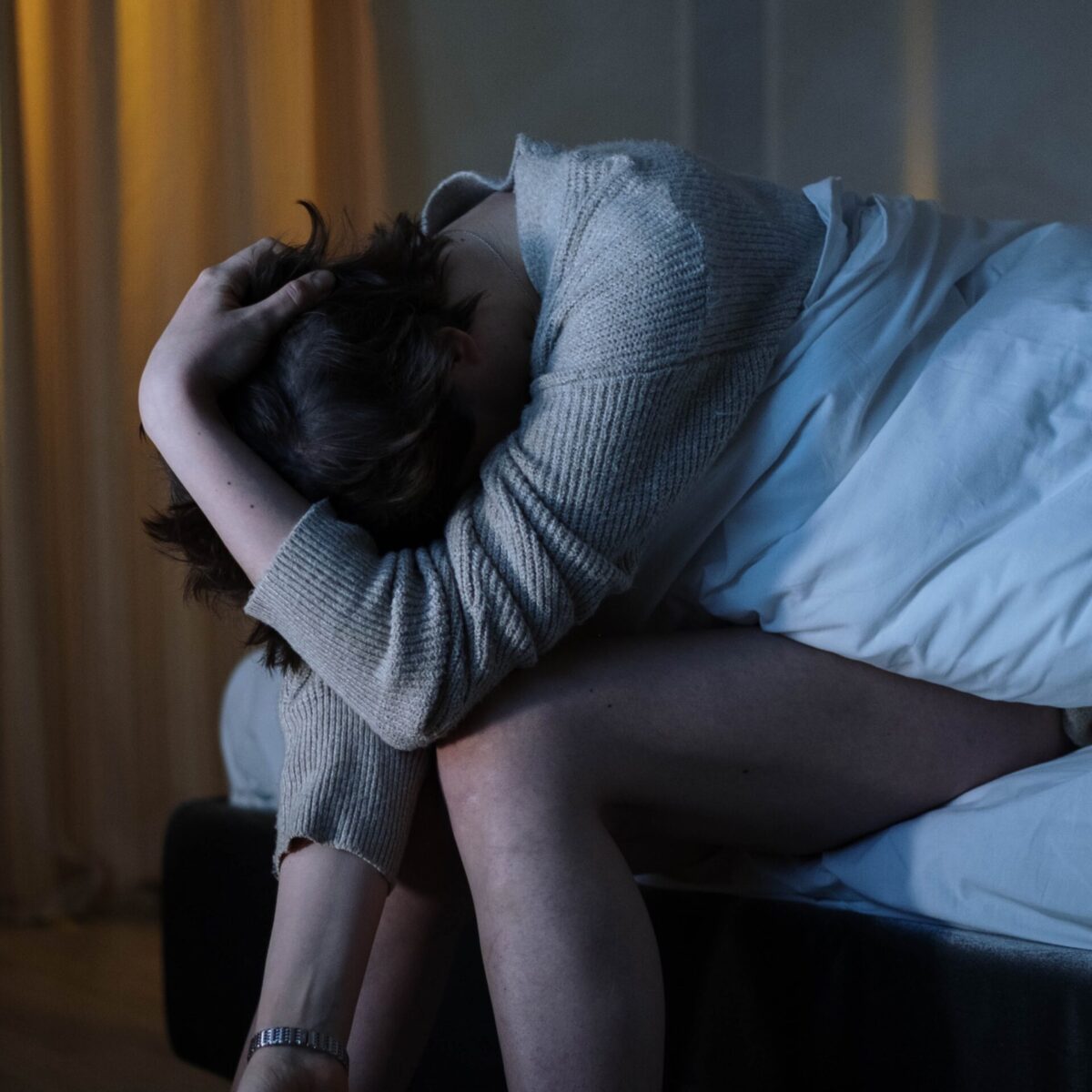Should CLL Patients Get Vaccines?
Patients with chronic lymphocytic leukemia (CLL)/small lymphocytic lymphoma (SLL) face a compromised immune system, heightening the risk of infections. Vaccinations are often recommended for people with CLL/SLL but patients may still have questions.
To address CLL and vaccinations, we invited a CLL expert panel to discuss the question specifically. Our panel featured Dr. William Wierda, MD, Ph.D., from MD Anderson, Dr. Nicole Lamanna, MD from Columbia University Medical Center, Dr. Adam Kittai, MD from the Ohio State University, and Jackie Broadway-Duren, PhD, DNP, APRN, FNP-BC from MD Anderson.
In addition to the video above, read the audio transcript of the conversation to learn more about the shingles, RSV and COVID vaccines for CLL patients.
The Let’s Talk CLL live discussion held at MD Anderson Cancer Center on October 14, 2023. To watch the video conversation, click here.
Shingles Vaccine
Patient: Dr. Wierda, is the shingles vaccine okay with CLL?
Dr. Wierda: You should not get the live virus vaccination for shingles. The one that’s used most commonly now, SHINGRIX, is not a live virus. It’s two doses separated by 2 to 6 months. You should not get live virus vaccinations if you have CLL.
In general, we favor continuous therapy for patients with deletion 17p.
Dr. Adam Kittai
17p Deletion
Patient: Ten years ago, the FISH test seemed to be a big deal and if one had 17p deletion, you didn’t have much time left. Is 17p deletion worse than anything else now?
Dr. Kittai: 17p is still one of our most important prognostic tests. The classic FISH testing that we do is deletion 13q, which is a good prognostic factor, deletion 11q, which used to be a bad one but now seems not to matter as much anymore, trisomy 12, which is intermediate, and deletion 17p.
We knew that patients who had deletion 17p on FISH did not respond well to chemotherapy. Our new agents work for patients with 17p.
In general, we favor continuous therapy for patients with deletion 17p. Not to say that you can’t get time-limited therapy with 17p, but it appears that 17p may matter more with time-limited therapy than it does with continuous therapy.
Typically, 17p goes hand in hand with TP53, which is done on next-generation sequencing. Sometimes they can be discordant. It’s pretty much the same thing.
In the clinical trials, when we talk about these combinations, we’re trying to see if these alternative strategies will be better in higher-risk disease individuals versus non-high-risk disease individuals.
Dr. Nicole Lamanna
Dr. Lamanna: Patients who had these features were considered more adverse or worse, but these new targeted therapies have done great for those individuals.
In the clinical trials, when we talk about these combinations, we’re trying to see if these alternative strategies will be better in higher-risk disease individuals versus non-high-risk disease individuals. How do we tailor our therapies better depending on the features of your disease?
Patients with 17p and TP53 are doing so much better on these targeted therapies. They’re still important but compared to the chemoimmunotherapy days, folks are doing much, much better because of these targeted therapies.
RSV Vaccine
Patient: What is the consensus on the RSV vaccine?
Dr. Wierda: I don’t think there’s a consensus yet. It’s a new vaccine. We heard a little bit of data at the International Workshop on CLL meeting. We need more data on its effectiveness in patients with CLL.
I don’t see a lot of drawbacks in giving it but we haven’t entered an era where we’re recommending it for every patient like we do for the flu shot. That may come, but because it’s a new vaccine and there’s limited data in the general population, there’s not any data available for us in the CLL community.
Even though there are risk-benefit ratios for everything you do in life, including side effects potentially from some vaccines, we don’t want you getting sick and being admitted to the hospital due to these infections.
Dr. Nicole Lamanna
COVID Vaccine
Dr. Lamanna: We think about vaccines because we’re trying to mitigate infectious complications in patients with CLL. In general, for many CLL patients, the immune system is impaired so your ability to mount the same type of antibody response to some vaccines compared to patients without CLL is generally not as good, but that doesn’t mean you shouldn’t get them.
The point is that you can get the flu shot and still get the flu, you can get the COVID vaccine and still get COVID, but if it diminishes the severity of those illnesses and prevents hospitalizations, that’s what we’re trying to do, right? We’re trying to give you any armamentarium that you might have to protect yourself from bacterial or viral infections that are running around so you’re not as sick.
One of the complications we see in CLL patients is infection — pneumonia, sinusitis, cellulitis, and hospitalizations. Infections and recurrent hospitalizations inhibit the quality of life. We have many patients who go through this day in and day out. We try anything we can use to diminish infections.
Vaccines may not be perfect, but we still recommend the COVID vaccine. Despite all the potential side effects, you should get the vaccine. We lived through 2020 and saw how bad it was. We saw how many people died. CLL patients had one of the highest mortality rates due to COVID.
Even though there are risk-benefit ratios for everything you do in life, including side effects potentially from some vaccines, we don’t want you getting sick and being admitted to the hospital due to these infections.
There is no evidence that the COVID vaccine causes CLL.
Dr. Adam Kittai
Jeff: Dr. Kittai, I know the answer to this question, but I need for this to be reinforced in our community because it is a pervasive belief. There are a large number of patients who believe the COVID vaccine gave them CLL. Can you talk about why they think this?
Dr. Kittai: There’s no data to state that the COVID vaccine gave patients CLL. Honestly, it comes back to the statement that Dr. Nicole made. A lot of people think that they get the flu vaccine then they get the flu. Ultimately, when COVID was first happening, we were recommending our older patients to get the COVID vaccine.
Given that CLL is a disease of older patients, there’s going to be a chance that any older patient might develop CLL at any given time. It may have also been that someone may not have seen the doctor for a while, got COVID, went to go see the doctor, and finally had labs. Remember that CLL is usually diagnosed incidentally so it just might be timing, but there is no evidence that the COVID vaccine causes CLL.
CLL Patient Stories
Serena V., Chronic Lymphocytic Leukemia (CLL)
Symptoms: Night sweats, extreme fatigue, severe leg cramps, ovarian cramps, appearance of knots on body, hormonal acne
Treatment: Surgery (lymphadenectomy)
Margie H., Chronic Lymphocytic Leukemia
Symptoms: Large lymph node in her neck, fatigue as the disease progressed
Treatment: Targeted therapy
Nicole B., Chronic Lymphocytic Leukemia
Symptoms: Extreme fatigue, night sweats, lumps on neck, rash, shortness of breath
Treatments: BCL-2 inhibitor, monoclonal antibody
Symptoms of CLL
Learn about how some of the common CLL symptoms first present themselves from patients who have been diagnosed with CLL.






